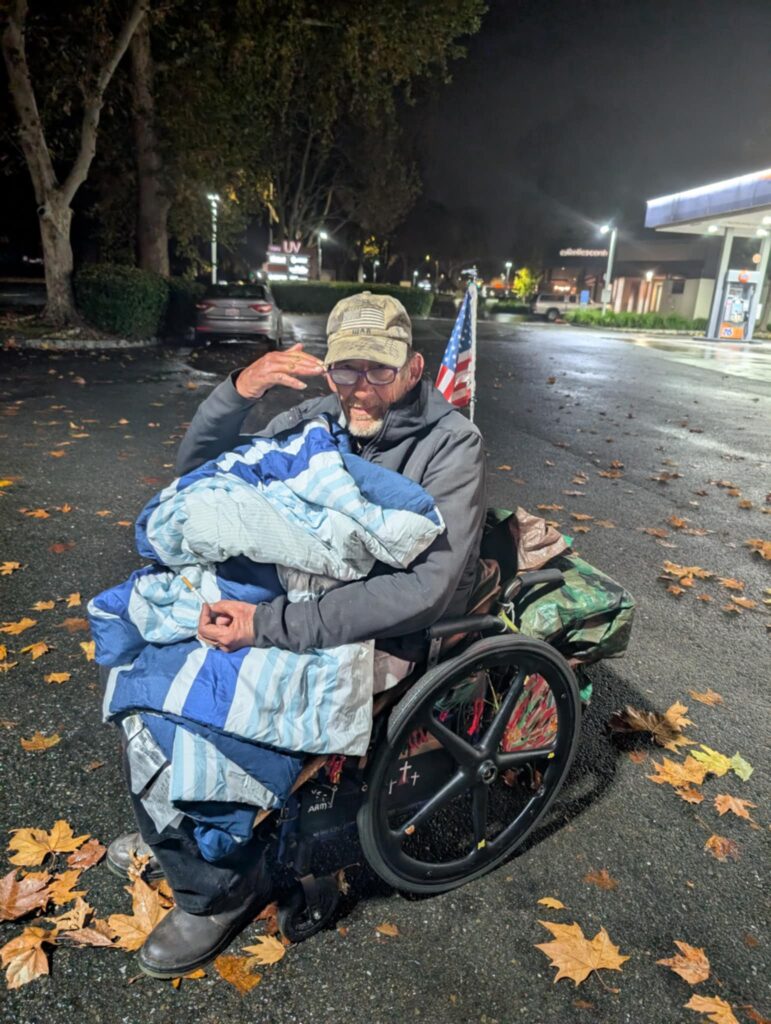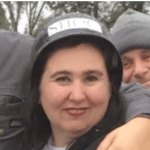
We stand and applaud when veterans march in parades. We post social media tributes on Veterans Day. We thank them for their service in passing. But what happens when the uniforms come off and the parades end?
There he sits on the corner of 5th and Main, holding a cardboard sign. Most people hurry past, averting their eyes. They don’t hear what he hears – the endless echo of explosions, the phantom whir of helicopter blades, the screams that never quite fade away. They don’t see what he sees – the shadows that morph into fallen comrades, the flash of sunlight that becomes gunfire, the illusions of death that dance in his thousand-yard stare.
Few realize that just years ago, this man signed a blank check to his country, promising to give his life if necessary. He was young then, full of hope and purpose. The recruiters painted pictures of a bright future: college education, career training, lifelong benefits, and the honor of serving his nation.
Reality turned out differently.
Now he battles demons that civilians can’t see. Post-traumatic stress disorder (PTSD) keeps him awake at night on his cardboard bed, replaying moments he’d rather forget. Every car backfire sends his heart racing. Every loud bang throws him back to places he’s tried so hard to leave behind. The transition back to civilian life proved harder than anyone warned him it would be. The same system that trained him for war seemed ill-equipped to prepare him for peace.
Statistics tell us this isn’t just one man’s story. On any given night in America, tens of thousands of veterans sleep on the streets. Many more struggle with addiction, trying to numb the pain of both physical and psychological wounds. The promises of education and opportunity sometimes get lost in a maze of paperwork, bureaucracy, and overwhelmed support systems.
We’re quick to call them heroes when they serve, but slow to help them when they suffer. The same society that sends young men and women off to war with flags waving often fails to catch them when they fall. That veteran on the corner isn’t asking for parades or medals. He’s asking for what was promised: a chance at a normal life, access to healthcare, and the dignity of having a roof over his head.
The next time you see a veteran struggling on the streets, remember: this isn’t just a homeless person. This is someone who once wrote a blank check payable to the United States of America for an amount up to and including their life. They held up their end of the bargain. The question is: have we held up ours?
It’s time to move beyond simple gestures of gratitude. Our veterans need more than just words of thanks – they need action, support, and a system that works as hard for them as they worked for us. Because a nation is judged not by how it honors its heroes in times of victory, but by how it cares for them in their hours of need.
Crystal Sanchez is with the Sacramento Homeless Union.

